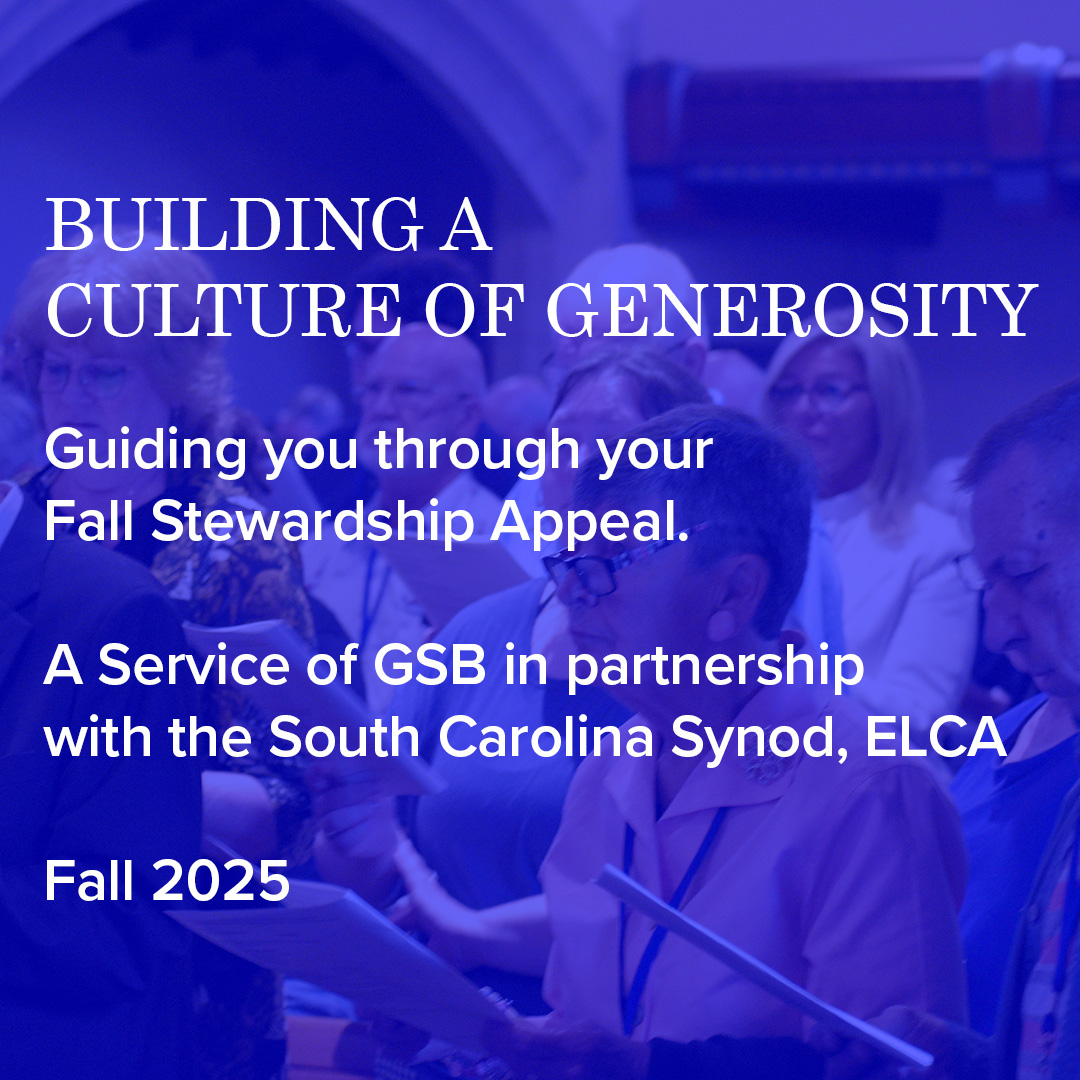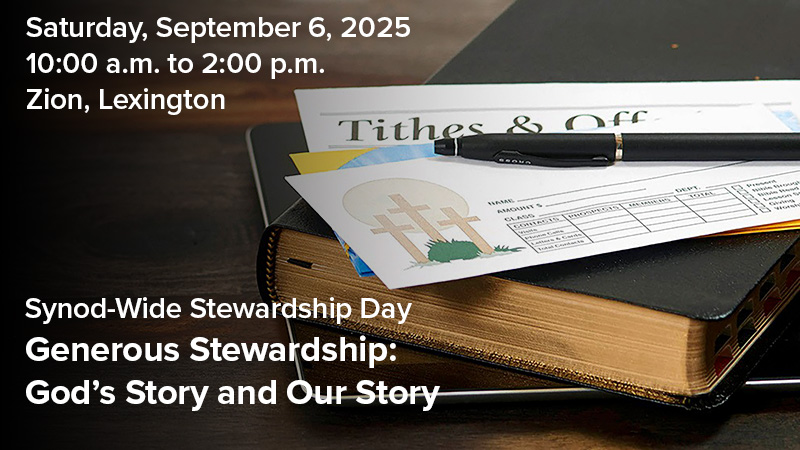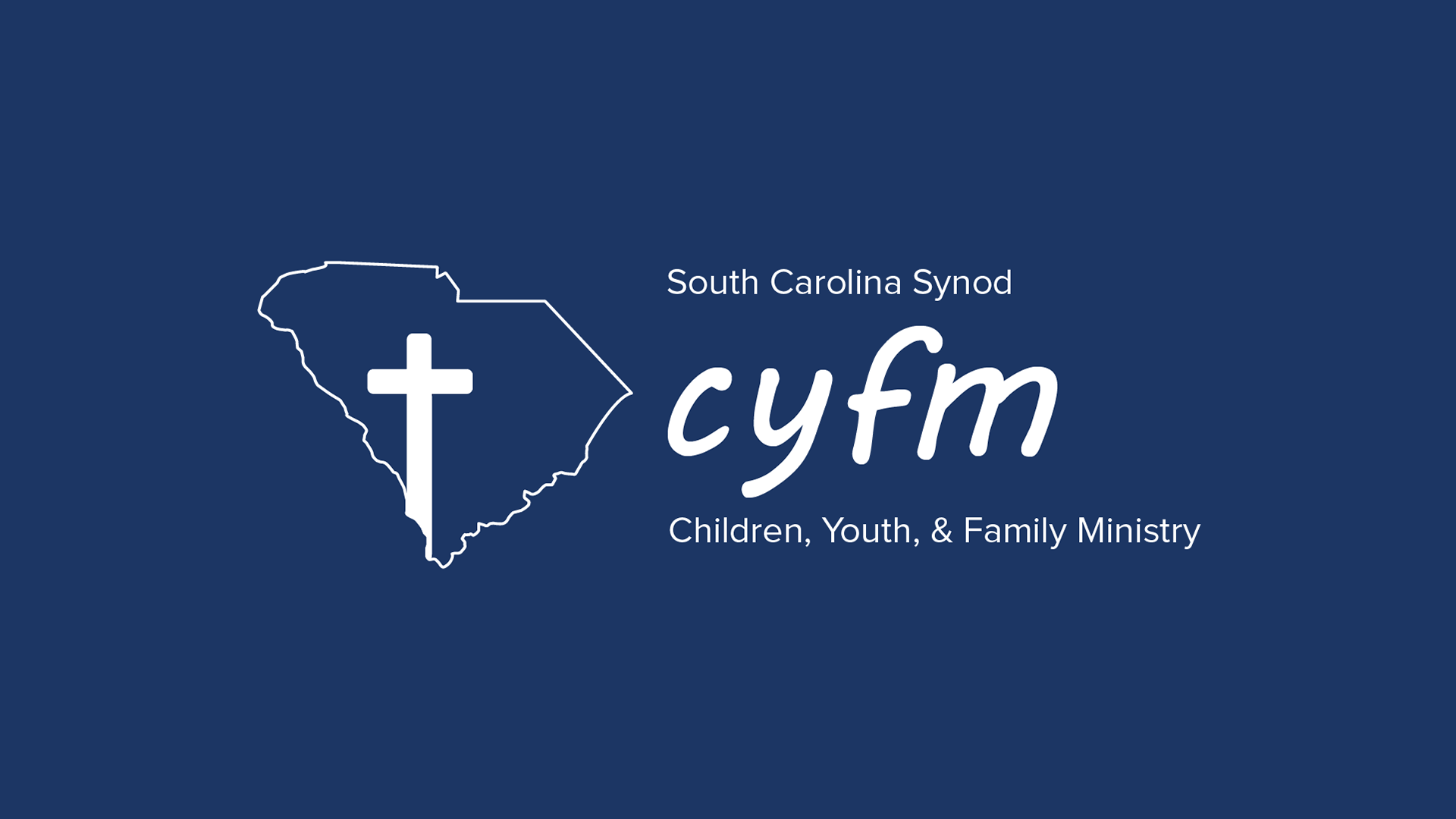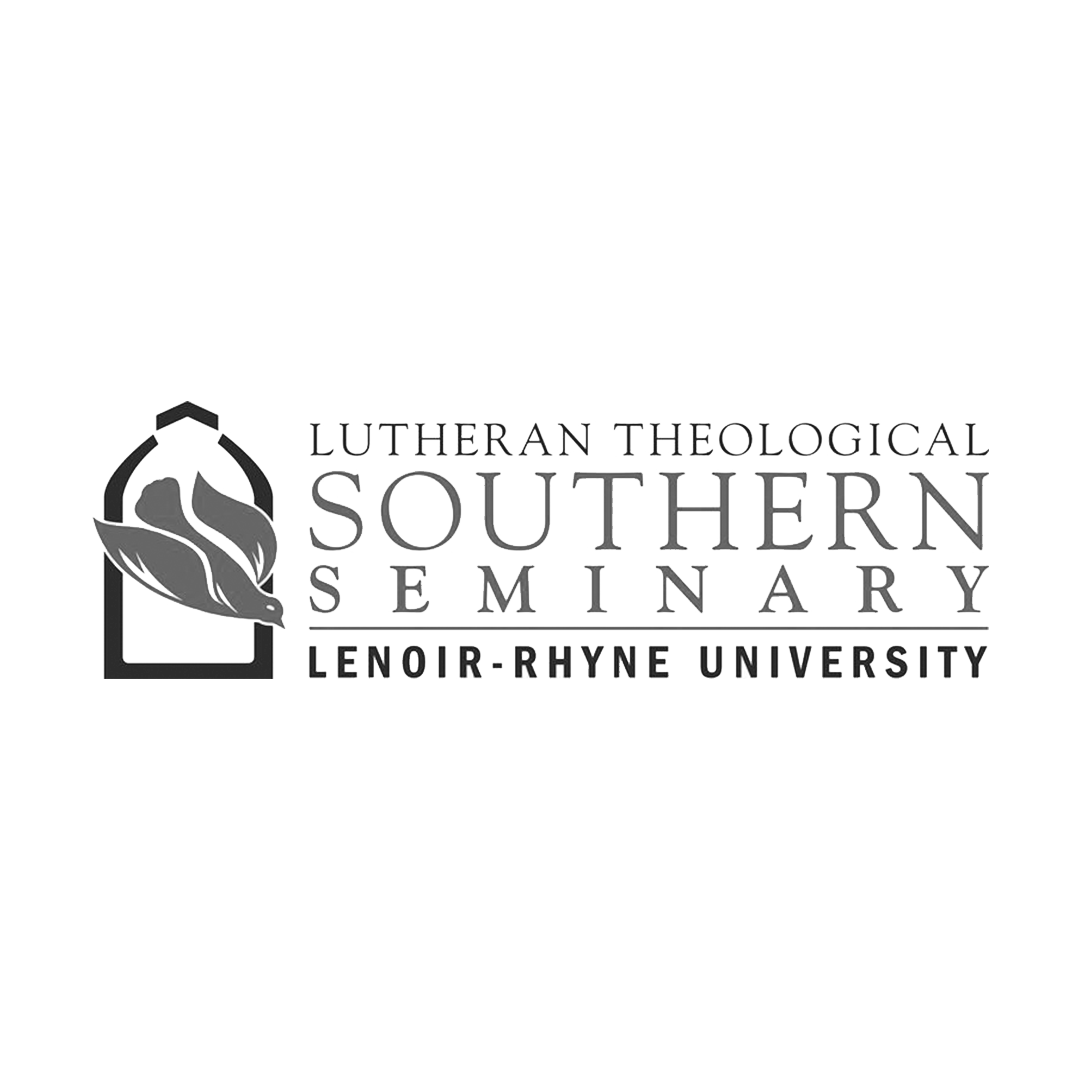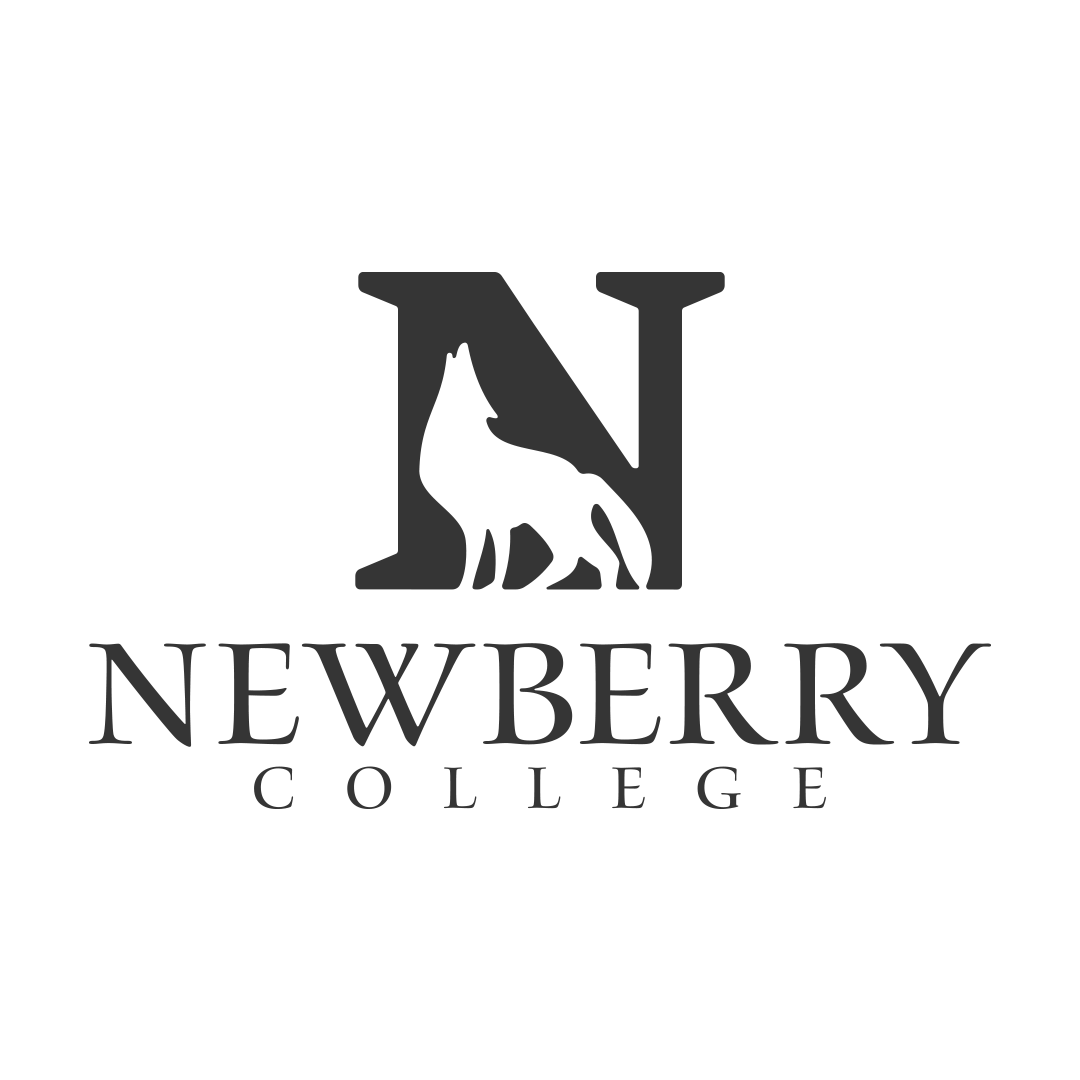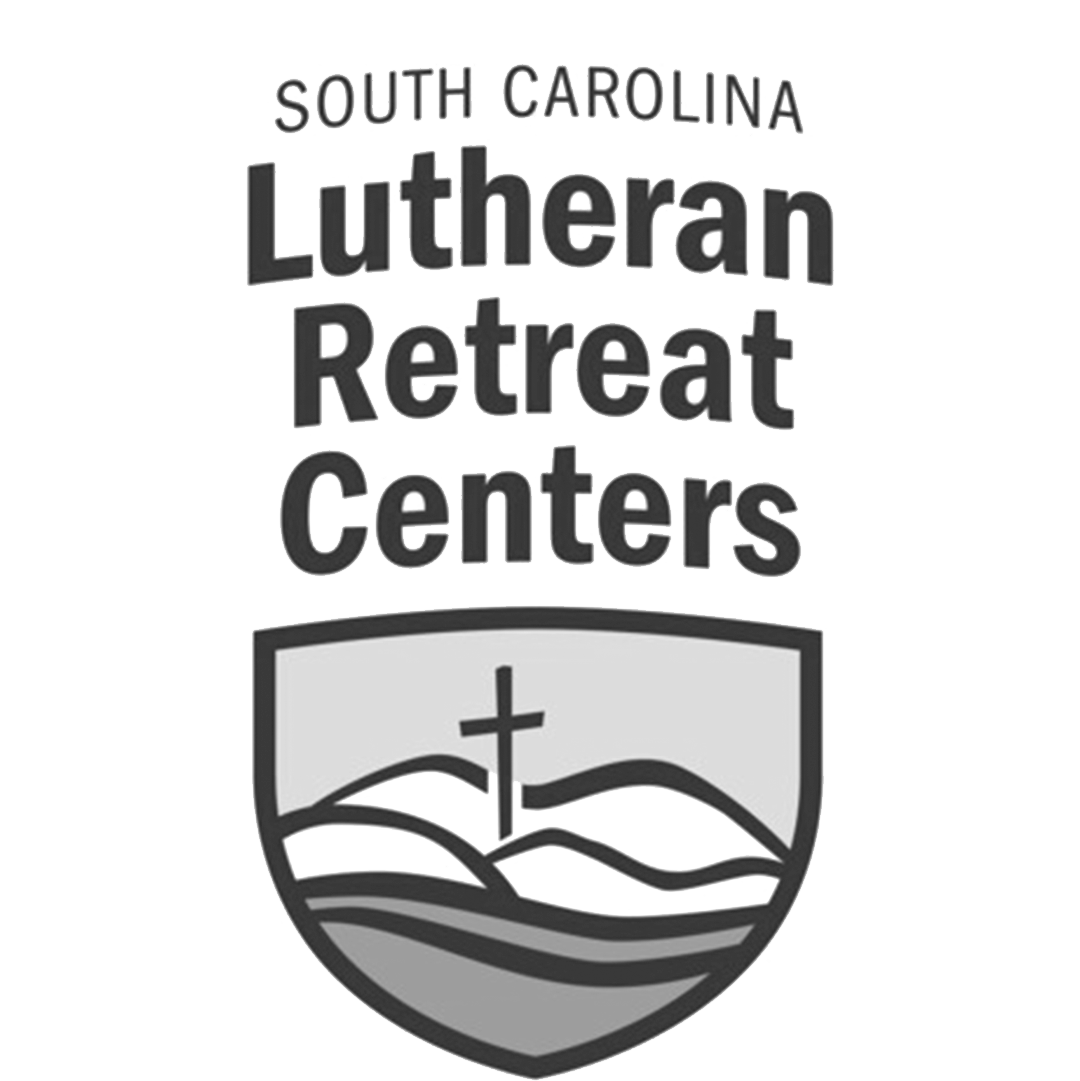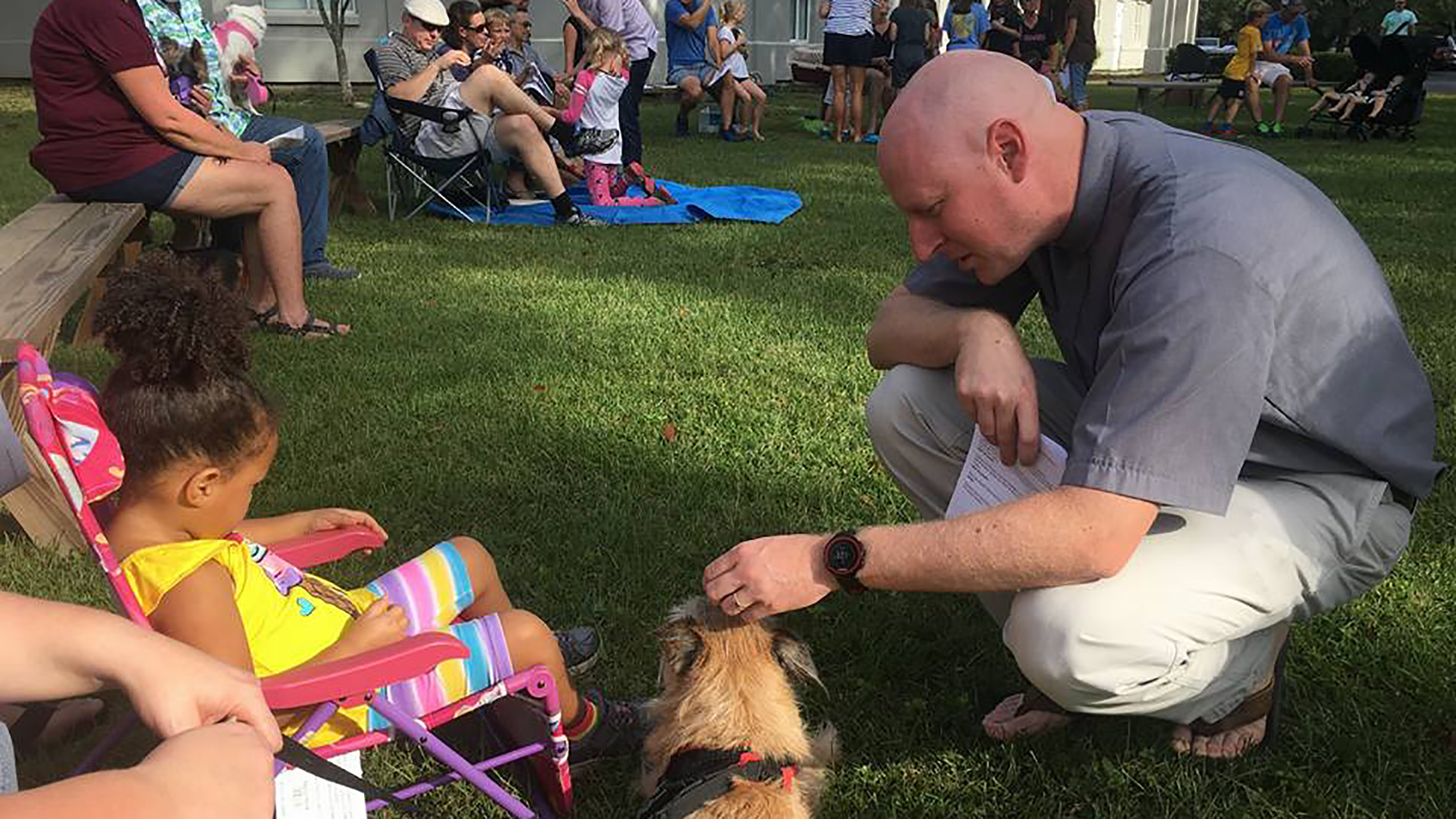
By The Rev. Kris Litman-Koon
Pastor, All Saints, Mt. Pleasant
Start by considering that Francis is the patron saint of all animals. This is not limited to the animals that happen to be our pets; in fact, his patronage is based on the lore of his preaching the gospel to wild animals. I was pleasantly reminded of this years ago when a parishioner of mine brought a duck to a blessing. Although this duck served as a pet to the child, it was a wonderful reminder that if we keep to the spirit of Saint Francis, then our blessing should encompass pets, work and farm animals, and animals in the wild.
This leads into our next takeaway. Francis is not only the patron saint of animals, he is also the patron saint of ecology, which is the interconnected web of how plants, animals, microbes, and fungi all work together to benefit life. It is believed that between one-third and half of Francis’ mendicant life was spent in untrammeled parts of nature, which led him to an intimate connection with the life surrounding him and with the mysteries of God. Because of this, I have always maintained that if someone brought a houseplant to a blessing, I would bless it with the same seriousness as I would a cat, a dog, or a duck. Granted, plants are less mobile than animals, so most of them can’t make it to the blessing service. Yet, if we can accomodate a blessing for the animals roaming free in the wild, we can also bless plants in absentia.
The question then becomes, “How do we incorporate this into our congregation’s Blessing of the Animals?” A few ideas come to mind. First, I don’t feel it is required to change the name of the event, just as long as the event clearly expresses God’s delight in all creation — and our call to steward all creation — not only our pets. A blessing is the authoritative pronouncement of God’s favor, and scripture says that God finds favor in all aspects of creation, calling them good.
Second, be aware of how the prayers of your service assign value to creation. Prayers (even our pre-written ones) can enter a territory where value is given to animals and plants based solely on their benefit to humans; giving thanks for plants for us to eat, animals for companionship, et cetera. Although we should give thanks for these benefits, if we are only thankful for the ways creation serves us, then our prayers are very self-centered. Case in point, bison and blue whales have always been some of God’s magnificent masterpieces; can we see their value outside of the ways they benefit humans? On a much smaller scale, there is something glorious about a bumblebee moving from flower to flower collecting pollen. [Did you know that a part of this fascinating act is that bees can sense the magnetic field around flowers? It is theorized that some bees use this to tell if another bee recently collected pollen from that flower.] Can we see the value of bees outside of their ability to pollinate the plants that give us food? God finds favor in all this, and values it all for the glorious creation it is. Can we, as humans, first marvel and rejoice in God’s creation without concern for how it benefits us? If we are able to do so, then we are operating with a stewardship mindset, rather than an economic mindset. A stewardship mindset likely will lead us to being even more thankful for all the ways the creation provide benefits to us.
Third, think through how this blessing can be sent home with people. Even though we attach the pastoral role to a blessing, a blessing is the authoritative pronouncement of God’s favor. God already favors that cat who is too anxious to be brought to the church where other pets will be. God already favors those rooted plants at our homes that caterpillars feed on and that birds use for nesting. So consider ways that people can be sent home with the blessing, knowing that God has favor on this cat, these plants, or whatever it may be.
Fourth, a blessing service must incorporate an appeal to our calling to care for creation. After God created humans, God stepped back and called it “very good” for the first time because now there is a species that bears God’s image to tend to God’s beloved creation. The ELCA’s Vision and Expectations says, “The people of God are called to the care and redemption of all that God has made. This includes the need to speak on behalf of this earth, its environment and natural resources and its inhabitants. This church expects that its ordained ministers will be exemplary stewards of the earth’s resources, and that they will lead this church in the stewardship of God’s creation.” Appealing to the call of God’s people to be stewards of creation should be done frequently in the community of faith, and a Blessing of the Animals service necessitates including this appeal. Rostered leaders, don’t shy away from this task; I have found people to be very receptive of this appeal, and they appreciate hearing their pastor say what they already feel God has placed on their hearts.
Finally, allow this event to be a time and space that helps people fall in love (again) with creation. Maybe you can help people fall in love with a specific part of it (e.g. hello… bees using magnetic fields is amazingly cool). Caring for creation can seem like a daunting task when we consider the scope of the problems that face us. However, if we help one another fall in love with at least one aspect of creation — much like Saint Francis loved the plants and animals that surrounded him — then that love can be how the Spirit empowers us to advocate and care for creation even when the path seems daunting. I believe that God still declares it “very good” when humans live out their call to be stewards of creation. So go and delight in the opportunity for your congregation to freely bless all that God favors.
We are over half way to our goal! Join the effort to launch Latino ministry to new levels in South Carolina. Make your gift today.
And, help us reach the $50,000 challenge if at least half of our congregations participate. Click here for more information about how congregations can share this story with your members.
This is Christ’s Church. There is a place for you here.
We are the church that shares a living, daring confidence in God’s grace. Liberated by our faith, we embrace you as a whole person–questions, complexities and all. Join us as we do God’s work in Christ’s name for the life of the world.
Contact Information
ELCA South Carolina Synod
1003 Richland Street
Columbia, SC 29201
Telephone 803-765-0590
Fax 803-252-5558
Looking for Something?
Related Organizations
James R. Crumley, Jr., Archives (ELCA Archives)
Lutheran Homes of South Carolina
Lutheran Theological Southern Seminary
NovusWay (Lutheridge+Lutherock+Luther Springs+Lutheranch)
South Carolina Lutheran Church Youth
South Carolina Lutheran Men in Mission

